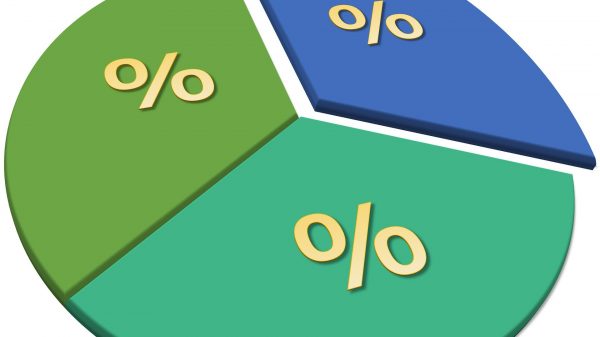By Kaitlyn Killeen September 13, 2022
What is Zillow?
Believe it or not, Zillow can be used for more than determining the price of your coworker’s swanky home.
Zillow is accessible through desktop or mobile app. Through these platforms, users can search for an address and find what price a house was purchased for and what its “Zestimate” (Zillow’s home valuation) is. A user can also list his or her home by being connected with an agent. In addition to this, Zillow offers home financing, home closing services, and other services supporting the buying and selling of a home.
Zillow’s most infamous service, “Zillow Offers”, their iBuying platform, was discontinued in 2021, which has stirred some controversy among investors.
What is iBuying?
iBuying is the practice of buying a large quantity of homes as-is, slightly fixing them up, and then selling them for a profit. Companies participate in iBuying by using technology to calculate the value of homes and then purchasing them for cash. The incentive for home sellers to sell their homes to these iBuyers is a faster transaction (days rather than weeks), while the company doing the iBuying offers less for the home and charges higher fees in exchange for this expedited timeline.
Why Was Zillow Offers Discontinued?
Zillow said goodbye to its iBuying platform because, well, it wasn’t making money. Let’s look at some numbers:
- Home Segment:
- Adjusted EBITDA: Decreased by $649.9 million in 2021
- Gross Profit: Decreased by $171.8 million in 2021
- Gross Margin: Decreased from 5% to (2)% in 2021
- Total:
- Gross Margin: Decreased from 44% to 22%
Compared to 2020, Zillow saw some dramatic decreases in its Home segment which included Zillow Offers. One reason why Zillow Offers became unprofitable can be credited to the incorrect valuation of the homes they purchased. Using their own technology, Zillow purchased inventory (homes intended to be “flipped”) at higher prices than they were actually worth. This resulted in a $211 million write-down in the inventory they had on hand at the end of 2021. That said, like any investment, if Zillow was purchasing inventory for more than they are able to sell it for, it makes sense that Zillow is experiencing these losses.
Now What?
With the disintegration of its iBuying platform, Zillow can now use its resources to focus on its other business segments. However, it seems that Zillow hasn’t entirely given up on the iBuying business.
On August 4th, 2022, Zillow announced a partnership with Opendoor, a separate iBuying company. This partnership allows home sellers to view and request offers from Opendoor directly through Zillow’s digital platforms. Users can use this service with Opendoor alone or choose to partner it with the other services Zillow offers. This partnership will give Zillow a referral commission when users decide to sell their homes to Opendoor through Zillow’s digital services.
What Does this mean for Zillow?
It’s easy to get hung up on the negative gross margins and decreasing EBITDA mentioned earlier, however, it’s important to note that Zillow is taking action on these scary numbers.
Their partnership with Opendoor offers a more risk-averse approach to iBuying. Rather than participating directly in this capital-intensive activity, Zillow is able to reap the benefits from Opendoor and iBuying without putting their own capital upfront.
Not to mention, Zillow has two other segments: IMT and Mortgages. Going forward, the focus on improving these segments, the remaining business within their Home segment, and their partnership with Opendoor may be enough to save Zillow.
Should I Buy Zillow Stock?
In its most recent earnings call, Zillow beat earnings and revenue estimates, followed by lower guidance by management, expecting a decline in IMT and Mortgages revenue for Q3. These expectations are based on market conditions, and given the nature of Zillow’s business, it is heavily influenced by the economy and housing market.
With the given negative news around Zillow and the state of the market, its stock price has dropped 44% since January. Investors may feel that this is the time to buy, however, considering the events discussed, this places Zillow trading at 143x earnings based on the last twelve months. This is an optimistic view on Zillow compared to the Internet Service industry’s average trading at 18.10x earnings.
Depending on how you as an investor feel about Zillow management’s decisions and relative valuation, it may or may not be the time to adjust your Zillow holdings.
Going Forward
Here’s what to keep an eye on:
- Increasing gross margin
- IMT segment profitability
- Revenue from Opendoor partnership
- State of the economy and housing market (remember how much Zillow’s business is impacted by this!)
- EPS
If you do not like what you see in these areas, it may be time to reconsider your investment in Zillow.







